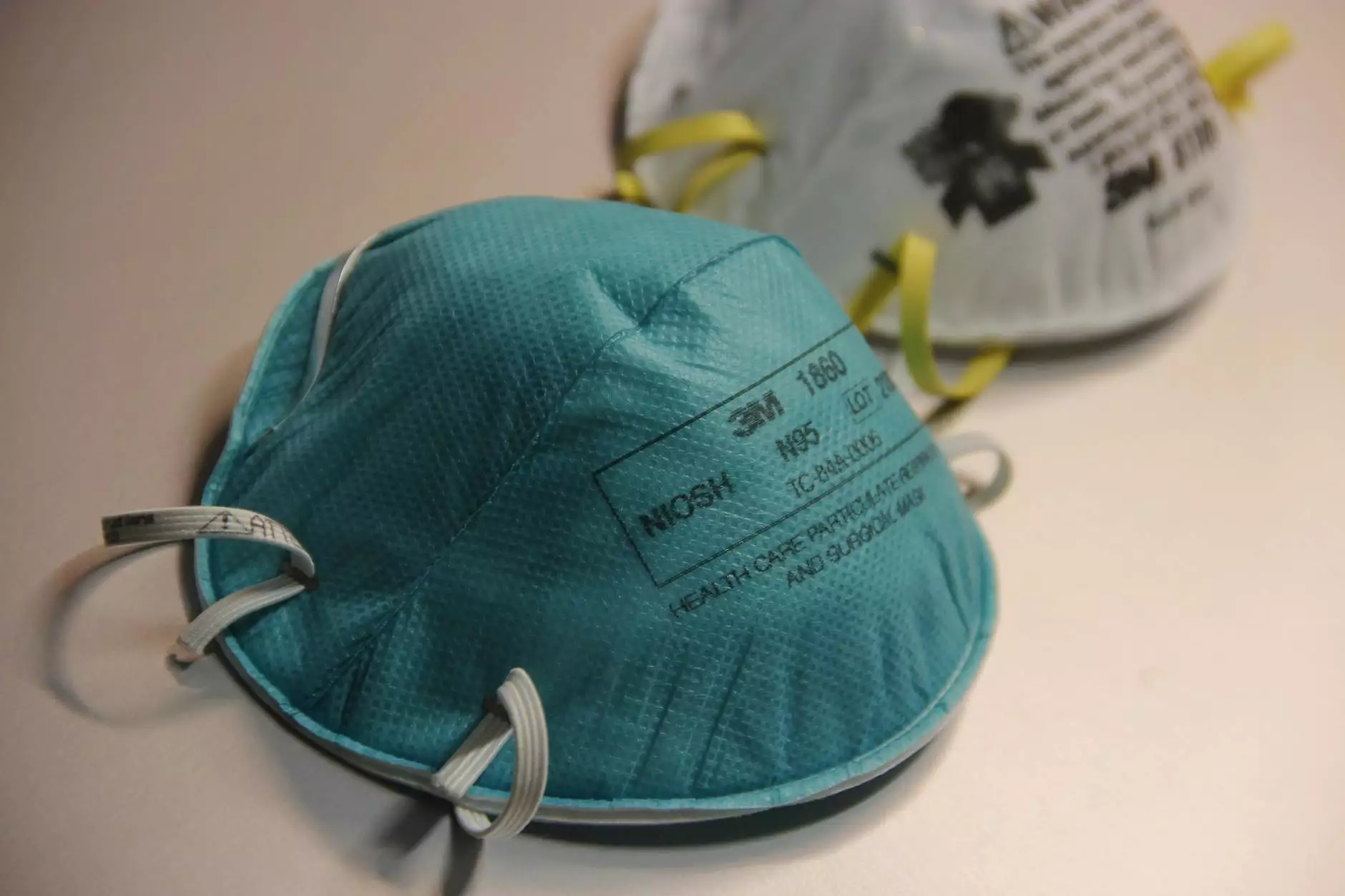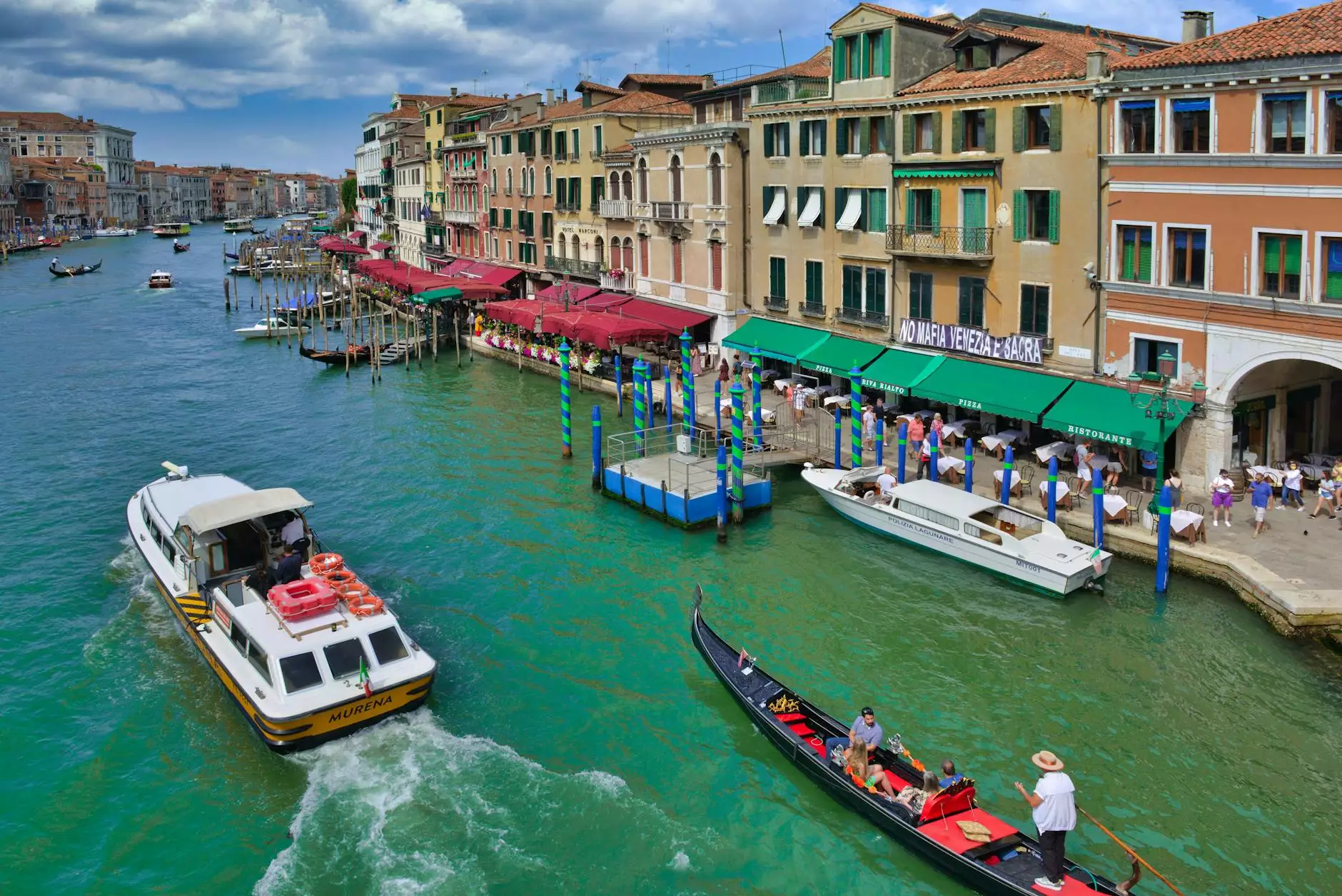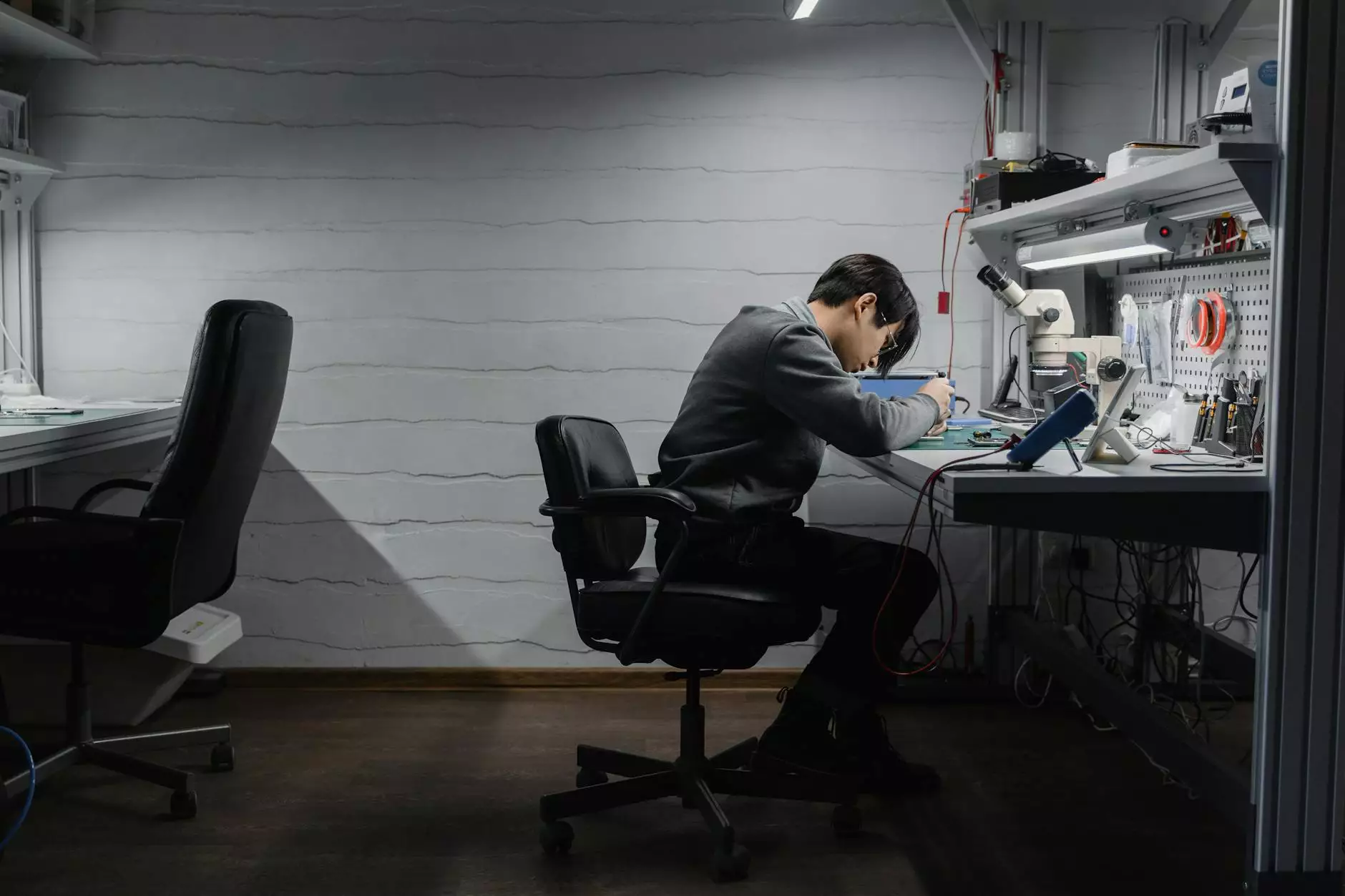Essential Guide to Home Water Filtration System Maintenance

Maintaining a healthy home is paramount, and clean water plays a critical role in this endeavor. One of the best investments a homeowner can make is a home water filtration system. However, like any appliance in your home, these systems require proper maintenance to function optimally. In this comprehensive guide, we will delve into the key practices for home water filtration system maintenance, common issues, and how to best ensure your system delivers the purest water possible.
Understanding Home Water Filtration Systems
Before we dive into the maintenance aspect, it’s crucial to understand what a water filtration system is and how it operates. Essentially, these systems are designed to remove impurities from your water supply, including:
- Chlorine
- Heavy metals (e.g., lead, mercury)
- Bacteria and viruses
- sediments and particulates
Common types of filtration systems include:
- Activated Carbon Filters: Great for removing chemicals and odors.
- Reverse Osmosis Systems: Highly effective in eliminating a wide range of contaminants.
- UV Purification: Utilizes ultraviolet light to kill bacteria and viruses.
Why Maintenance is Important
Regular maintenance of your home water filtration system is not just a recommendation; it's an absolute necessity to ensure the quality of water you and your family consume. Here are several reasons why:
- Health Concerns: A neglected filtration system can become a breeding ground for bacteria, negating its primary purpose.
- System Longevity: Just like any other appliance, regular upkeep can extend the lifespan of your filtration unit.
- Cost Savings: Routine maintenance can prevent major repairs or the need for full system replacements, saving you money in the long run.
Key Practices for Home Water Filtration System Maintenance
Here are some valuable tips that will help you maintain your home water filtration system effectively:
1. Regular Filter Replacement
One of the most vital aspects of home water filtration system maintenance is replacing the filters. Filters can be categorized based on their type:
- Carbon Filters: These should typically be replaced every 6 to 12 months, depending on usage and water quality.
- Reverse Osmosis Filters: Pre-filters should be changed every 6-12 months; the membrane generally every 2-3 years.
- UV Light Bulbs: Replace every year or as directed by the manufacturer.
Tip: Keep a calendar reminder for when your filters are due for replacement. Most manufacturers provide specifics on their products, so refer to those guidelines to determine the right schedule.
2. Regular Cleaning
Besides replacing filters, thorough cleaning of the filtration system is essential. Here’s how you can do it:
- Turn Off the System: Always ensure the system is turned off before cleaning.
- Disassemble Components: Remove the housing of the filters and clean them with a recommended solvent.
- Check Seals and O-Rings: Examine these for cracks or degradation; replace them if needed.
Cleaning your system ensures that any contaminants that could accumulate in the units are eliminated, thus preserving the quality of your water.
3. Monitor Water Pressure
High or low water pressure can affect the performance of your filtration system and lead to damage. Using a pressure gauge can help monitor this:
- Normal range: Aim for between 40-60 psi.
- Low pressure: Could indicate clogged filters.
- High pressure: May lead to leaks or ruptured components.
Identifying Common Issues
Even with proper maintenance, issues can arise. Here are some common problems and their corresponding solutions:
1. Bad Odor or Taste
If your water has a bad odor or taste, it could be due to:
- Expired Filters: Replace them immediately.
- Contaminated Source Water: Regularly test your source water quality.
2. Decreased Water Flow
Decreased water flow rates may indicate:
- Clogged Filters: Time to replace them.
- Pressure Issues: Check the pressure gauge as discussed above.
3. Leakage
Leaks can come from faulty connections or damaged components. To fix:
- Inspect Connections: Tighten any loose connections.
- Check Hoses: Replace any damaged or cracked hoses.
When to Call a Professional
While most maintenance can be handled by homeowners, some situations are best left to the experts. If you encounter:
- Significant leaks that you cannot fix,
- Persistent odors or tastes that won’t go away,
- Electrical issues with UV systems,
In these cases, it’s wise to contact a professional. White Plumbing Company offers an array of *home services*, including plumbing and water heater installation/repair, ensuring your systems run efficiently and effectively.
Conclusion
Maintaining your home water filtration system is not just about routine checks; it’s an ongoing commitment to ensuring you and your loved ones have access to clean and safe drinking water. By understanding your system, following best practices for maintenance, and knowing when to seek help, you can enjoy the many benefits of your filtration system for years to come.
By implementing these tips and staying vigilant, we can all contribute to a healthier home environment. For any further assistance or professional care, consider reaching out to White Plumbing Company, your go-to experts for all plumbing needs!









